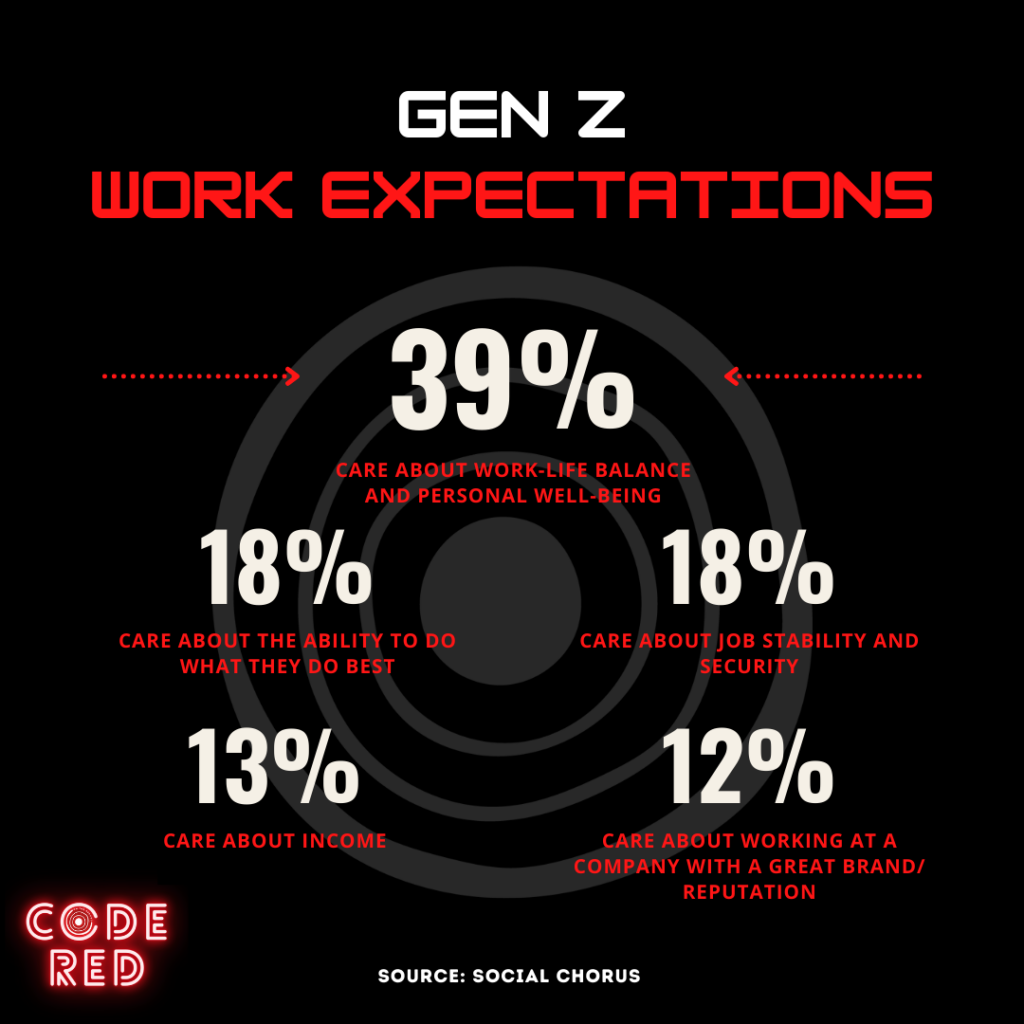
It’s not every day that people get to apply elementary school chalkboard quotes to their professional ethos. Loreto Grimaldi is an exception. “When I walked into my Grade 6 class, the teacher put this big banner across the top of the chalkboard. It read, ‘organization is the key to success’ and I’ve never forgotten that since I was 11 years old.”
For Grimaldi, work-life balance has always been about organization and prioritization. The ability to stay organized and establish priorities early on in your career, he says, helps people handle the planned and unplanned things life throws at them — especially when life gets busy.
Grimaldi is the type of person who, when asked what his title is, responds, “Which one?”
On top of his role as the chief operating and legal officer at Tricor Automotive Group Inc., Grimaldi is the co-founder of the startup mobile coffee shop, Fleets Coffee. He’s also a business law professor at the Schulich School of Business and sits on three boards of directors. In his personal life, Grimaldi allots time daily to exercise and practising gratitude. Above all, he says, he is a husband and father of two.
Grimaldi explains he takes a “portfolio approach” to his day-to-day operations. He finds this attitude, which he applies to both work and life, breeds heterogeneous days full of many different projects and responsibilities.
Grimaldi is not alone in this non-traditional approach to work. In addition to greenlighting more flexible working hours, employers are acknowledging the ways in which they can value their employees’ various individual interests. This consists of recognizing and encouraging employees to embrace hobbies and passions separate from their jobs.
It is all about employees’ growing work-life balance expectations. A new survey jointly conducted by ADP Canada and Maru Public Opinion found that more people are now prioritizing work-life balance as a top factor in staying with their current employer and when exploring new opportunities.
“What’s been proven in the last two years, in, what I call ‘the world’s largest unplanned experiment in work-life balance,’ is that it actually works,” said Grimaldi. “We do not have to be in the office to be productive.” Research supports that: with a 700 per cent increase in the number of people working from home, actual remote work experience has helped break down many of the prejudices that limited work flexibility pre-pandemic. Employees are more effective and satisfied in their jobs when they have the flexibility to customize their work.
Turns out it wasn’t working remotely that people crave, so much as they really want work-life balance. The survey revealed employees care most about three matters: a desire to improve their personal lives, a wish to limit workload and stress, and a hunger for more flexible hours.
Grimaldi describes how the pandemic has made people more deliberate in the way they spend their time. He anticipates people will work harder in shorter bursts, budgeting time for high-priority items and limiting meetings to specific agendas.
“You can do a lot of the other things you need to get done asynchronously versus synchronously,” he says. “These are words nobody thought about before.”
While younger generations are taking the lead on this, earlier generations have approached work-life balance from a different perspective. When it came to baby boomers, work-life balance wasn’t necessarily a goal. Generation X was likely the first generation to have even uttered the words “work-life balance.”
The definition of work-life balance has evolved with the generations. Gen X enjoys flexibility but the balance they are asking for tends to come in the form of wanting to leave work early every so often to catch their kids’ soccer games, or to work from home one day a week to drive the kids to and from school.
On the other hand, recent research conducted by Dynamic Signal revealed that Gen Z cares most about work-life balance and personal well-being. Gen Z also cares least about income and brand reputation.

The same is true among millennials. With approximately 50 per cent of the workforce made up of millennials, they are dramatically shaping the culture of corporations globally. These employees expect and demand more flexibility than previous generations, and at the top of millennials’ desires is a healthy work-life balance. In fact, according to Forbes, more than 80 per cent of this generation reported that they seriously consider how a position will affect their work-life balance before accepting it.
As younger generations continue to shape today’s new corporate landscape, Grimaldi is nursing some fears about people’s ability to compartmentalize work and non-work in a digital age.
“[Gen Zs] grew up always being online and connected,” he said. “I weep for the future of [that] group because [they’re] never going to be able to figure out how to turn it off. Because [they’ve] never actually had it turned off.”
Heather Haslam, the vice-president of marketing at ADP, says the introduction of technology has blurred the line between work and personal life. Laptops and cellphones have contributed to work bleeding into our homes for the sake of being available to our employers, she said.
“When we were renovating our house, we built these lockers and I had the plugs for the cellphone in the locker because I assumed that when I would come in the house, I would put the cellphone in there and I would charge it and I would walk away. That’s nonsense,” said Haslam.
Work is the last thing she checks before bed, and the first thing she checks when she wakes up. Her phone lives in her back pocket: “It’s on my person all the time.”
Haslam’s team discovered that people have become more productive during the pandemic because their output is greater. Time previously allocated to commuting or to socializing and personal activities became work time. This reality has shifted what flexibility means to people, said Haslam, since the natural breaks that used to exist no longer do.
“If I asked 20 people on my team what flexibility means, I’d get at least 20 [different] answers, if not 25,” she said. “That’s hard as a leader… to figure out, how do I meet those 25 different needs?”
Haslam said a successful work-life balance depends on a few things. More than anything, she emphasized how important it is to view entering the post-pandemic workplace as an opportunity to influence its culture.
“Work is having a moment. The entire structure and construct of how it is that we work, when we work, who we work with, the tools we use for work… it’s all having a moment,” she said. “And what an amazing opportunity it is to help shape the outcome of that moment.”
With work-life balance at the top of the priority list for many, Haslam points out that “those getting launched into the post-pandemic workplace get to define what that new normal looks like.”
While work-life balance sounds like the dream for some, some aren’t big fans of the term itself.
“It’s about work-life boundaries more than anything,” said Jennifer Moss, author of The Burnout Epidemic. The workplace wellness expert explained that the idea of balancing means that we have to prioritize some things over others.
“But,” she says, “I think that there’s a lot more integration than that.”
Moss’s research finds Gen Zs and millennials are the most burned-out generation. (The World Health Organization defines burnout as workplace stress left unmanaged.) Moss said it shows up in three signs: exhaustion, disengagement and cynicism.
While Moss’s research team anticipated that the younger generations would love remote work, research showed otherwise: Gen Z and millennials can’t wait to return to the office.
Moss and Haslam want to encourage young people to digitally detox, to focus on their hobbies, and prioritize what matters most. Someone might not have the same agency early in their career to choose how, why, where and when they work, but they can pick a workplace where well-being is an institutional priority.
“Think about your deathbed regrets,” Moss said. “Are you going to regret not sending that email out at 11 [p.m.]? Or are you going to regret losing important relationships?”
Researching to ensure a potential employer has the resources necessary to support your individual needs is key, she said.
Grimaldi points out that people in leadership roles over the age of 50 are going to have a hard time letting go of the binary expectation that if you want a big salary, you have to show up physically.
“Pre-pandemic, you come into the office, work 7 a.m. to 6 p.m., bring your work home with you if you need to work on the weekend, and that’s why I’m paying you $300,000 or whatever the number is,” he said. But the pandemic turned that hypothesis on its head.
